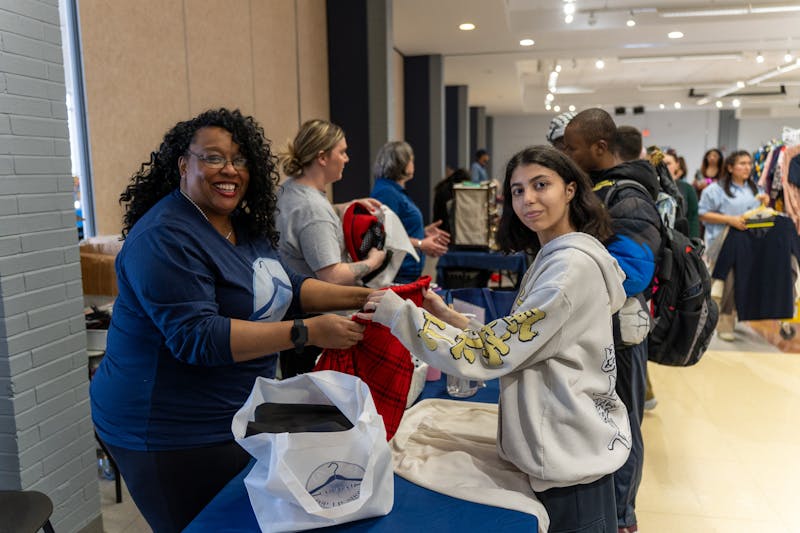As they often do in the fall, finals have snuck up quickly, and with Thanksgiving recess approaching, many students are already preparing for their exams. As they were during the spring semester, this term's finals present the added challenge of studying remotely. The isolation and distance from conventional learning make it even more important than ever to study efficiently, with detail and responsibly.
1. Begin Studying in Advance
No matter how one studies, a universally good plan is to start well in advance. Whether it requires memorizing dozens of dates and events, recalling complex formulas and applying them or collecting an array of research, a final can only be benefitted by the time spent familiarizing oneself with the details of their coursework and reconsidering their understanding to build confidence and clarity.
Studying with lots of time to spare also takes away the pressure of cramming, making it possible to use repetition to one's advantage and allowing a student to prioritize areas of study throughout the course. One can exchange emails with a professor to organize thoughts and express concerns. Becoming acquainted with the structure of an exam goes a long way to answering its questions comfortably and efficiently. Students can use all sorts of study tactics with more time - creating mnemonic devices, diagrams or flashcards, or separating sections of information into a series of study sessions to make each easier to recall, for instance.
2. Use Technology Wisely
These days, and particularly for the many students studying at home, it's both a blessing and a curse to have the variety of digital technology at our fingertips that we do. Textbook publishers may, for example, have online, supplemental materials for their printings; a quick browse can yield students all kinds of motivational images and videos, inspiring music to listen to as they study and an infinite array of other useful additives.
However, it's very easy for that access to create distraction, indiscipline and mental or emotional confusion. One can find themselves scouring the web for research only to come across too many compelling YouTube suggestions or ads for online shopping to stay focused on their work. Creating a truly isolated study space, silencing cell phones, closing online windows full of distracting material and reminding yourself to reach your goals throughout the process can make it so technology is more an ally than an enemy.
3. Prioritize Your Workload
Prioritizing, in particular, can mean two things: in each course, it's important to prioritize based on information that's more or less likely to appear on an exam. However, it also refers to the difficulty of each course. Depending on a student's own skill set, interests and academic area, different classes require more study time. Whichever form it takes, there's nothing wrong with giving yourself more time to catch up on areas of study you find more challenging.
4. Take Breaks as Needed
What sets apart studying during remote learning is the isolation. After months of lectures, projects and studying on one's own, it's easy to get mentally foggy, lose your focus or your confidence or to have trouble adapting to the rigors of every new course. Taking a deeper interest in mental and physical health can remedy this and encourage better results for studying all at once.
Study breaks, rewarding yourself with leisure time between sessions and practicing stress relieving methods (like meditation, yoga, breathing and stretching exercising or listening to music) can lighten the mental burden of a heavy study regiment and refresh the mind. It's equally important to keep the body in peak condition, which means focusing on good nutrition, getting regular exercise, getting regular and plentiful sleep and avoiding caffeine (despite the temptation to drink a lot of it). In the winter, getting sunlight and fresh air during cold and cloudy days can be difficult, but it provides even more clarity and comfort. Of course, the benefits to both mental and physical health improve one another, arming you to study efficiently and effectively.
Though Covid-19 have added new challenges to the 2020 semesters, with well-planned and disciplined study habits, everyone can finish strongly and be even prouder than ever of their success.







